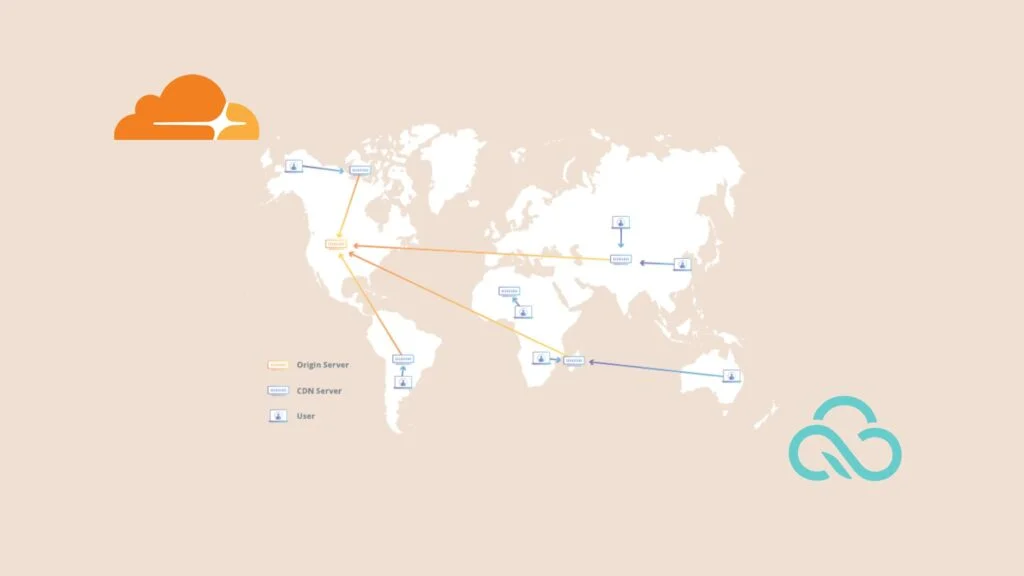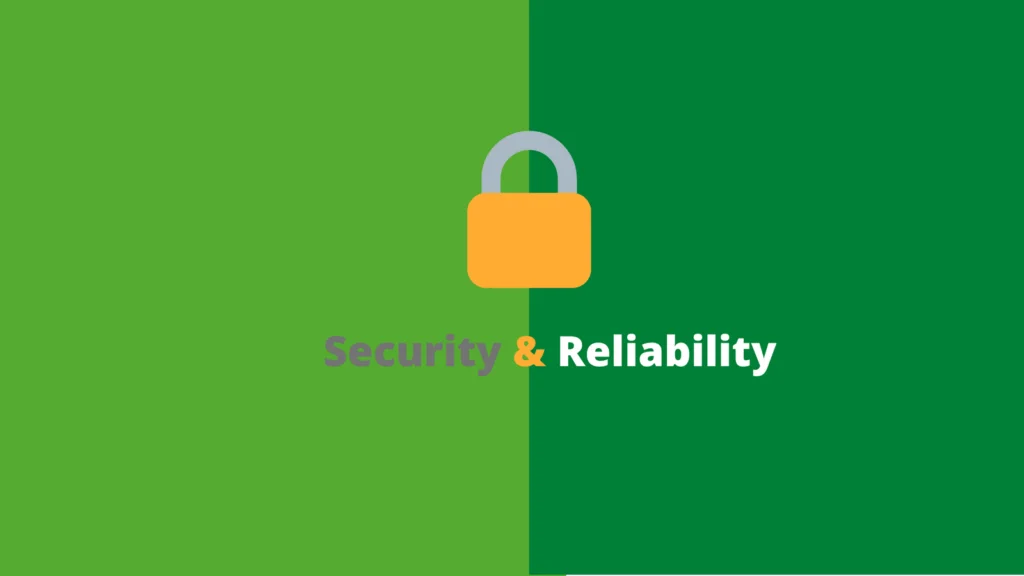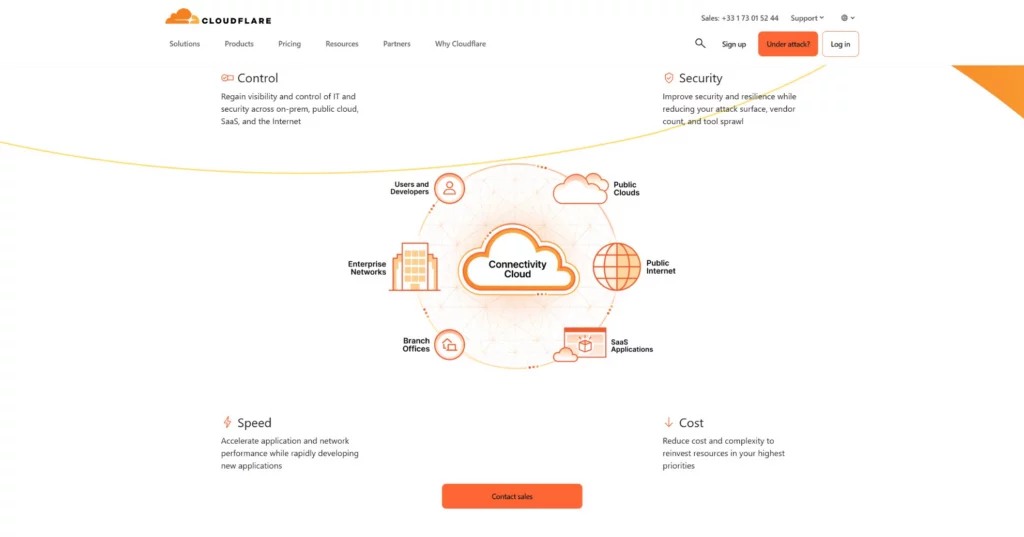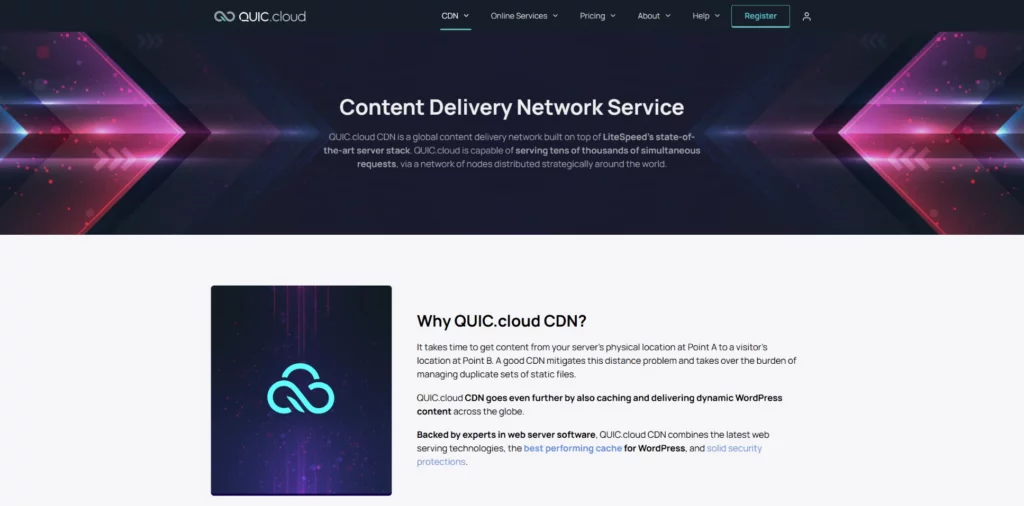In the world of e-commerce, international business is now very common. Many online sellers have their own websites to show off their products and services. Website speed and performance optimization are crucial. If your site is too slow, users from faraway places might be unable to access it.
With the advancement of the internet, technology has also improved significantly. One such technology is the Content Delivery Network (CDN), which can boost your website’s speed in different regions. This article will explore how CDNs can help enhance your website’s performance.

What is CDN?
CDN short for Content Delivery Network is a system of distributed servers that deliver web content to users based on their geographic location.
It’s a group of servers spread out across different locations, working together to speed up the delivery of internet content. This content includes HTML pages, CSS, JavaScript files, images, videos, and other media files.

To put it simply, CDN companies set up many servers all around the world. When you join their network, they cache (or copy) your website’s content on these servers. So, when someone visits your site, they get the content from the server that’s closest to their geographic location instead of your original server. This greatly reduces the time it takes for visitors to see your website, effectively speeding up your site’s loading time.
For example, if your website is hosted on a server in the United States, an Australian or Indian user browsing your site doesn’t need to fetch content directly from your US server. The CDN will deliver cached content from the nearest server. The Australian user might access content from a local Australian cache server, while the Indian user might get it from a server in Singapore if there’s no local server in India. Additionally, the CDN regularly updates its cached content to match your actual website.
Even though CDNs are server-based services, they are not the same as web hosting servers. CDNs help cache and distribute your website’s data but do not replace the need for your site’s hosting service.
What is the Advantage of CDN for Websites
You can see that the main advantage of a CDN is enabling websites to load quickly in different regions from the above. However, there are many other benefits. Let me briefly introduce some of the key advantages.

Improved Load Speed in Any place
The main advantage and function of a CDN is to improve website loading speed and reduce load times. For many websites, especially those involved in international trade, having a site that loads quickly abroad is essential. A CDN is a must-have feature in this context.
Faster speeds undoubtedly attract more user traffic. In international trade, websites serve as a crucial window and platform for others to learn about you. Therefore, website speed is incredibly important in this field. CDNs effectively help solve this problem.
CDN companies are typically global, with servers deployed in major regions across all continents. When you join their network, your website can be quickly accessed from anywhere in the world.
Reducing bandwidth costs
According to the principles we’ve discussed, since much of the content is delivered without using your own server, this traffic doesn’t count against your server’s bandwidth. Most hosting providers have bandwidth limits, even if they advertise “unlimited” or “unmetered” bandwidth. In reality, many shared hosting plans have limits on the number of visits or the amount of traffic they can handle, which varies by provider.
Traffic accessed through the CDN doesn’t count against your original server, saving bandwidth usage on your host server. This reduction in bandwidth usage can lower hosting costs for website owners.
Increasing content availability
A lot of traffic or hardware failures can mess up your website’s normal function. However because CDNs are spread out across many servers, they can handle more traffic and deal with hardware failures better than a single origin server.

Enhanced Security and Reliability
CDNs act like a shield for your website by caching a lot of data away from your main server, so a lot of data doesn’t come directly from your origin server. It’s like adding an extra layer of protection to your website, making it harder for internet threats to attack your main server.
You might have heard of DDoS attacks but not know what they are. DDoS is when a massive, automated zombie network floods a server with traffic, overwhelming it and causing it to crash. CDNs can effectively block these attack flows, providing DDoS protection.
Additionally, CDNs improve security by offering enhanced security certificates and other optimization measures to bolster overall protection.
For SEO Benefits
Faster load times and improved site performance can positively impact your website’s search engine rankings. Search engines like Google consider page speed as a ranking factor, so using a CDN can help improve your site’s visibility.
CDN Networks Recommended
There are many CDN providers out there, but here I’ll introduce two very well-known ones you might have already heard of. These CDNs are not only large in scale but also offer free plans that make them accessible to any website, especially small ones just starting out. They are particularly suitable for beginners.
Cloudflare
Most hosting providers offer free Cloudflare CDN services, such as SiteGround, GreenGeeks, and Chemicloud. Typically, after purchasing their hosting, you can set up the CDN by following the instructions in the hosting provider’s user panel step by step.

Cloudflare is the largest CDN company globally and they offers free CDN plan that anyone can use. So even if your hosting provider doesn’t offer CDN services, you can directly sign up with Cloudflare. For small startup websites, Cloudflare’s free plan is quite good, but for long-term use, it’s recommended to consider their premium plan.
Cloudflare not only provides CDN acceleration services but also boasts very strong security. Many large companies and websites rely on Cloudflare’s security services.
QUIC.cloud CDN
QUIC.cloud might not be familiar to many everyday users, but it’s well-known among IT professionals. QUIC.cloud is a service launched by LiteSpeed Technologies, primarily focused on optimizing and accelerating website performance. They are renowned for their significant contributions to improving the speed of next-generation websites through the QUIC and HTTP/3 protocols.
QUIC.cloud also offers CDN services through their LiteSpeed Cache plugin, allowing most websites to use their CDN for free.

However, their free CDN service has limitations on traffic. Thankfully, their paid plans are very affordable, with most websites paying around $5 per month. Their service is stable and reliable, making QUIC.cloud a great choice for anyone looking to purchase a CDN service.
Conclusion
So, Content Delivery Networks, or CDNs for short, are kind of like the secret weapon for making your website super fast and user-friendly. They work by spreading your website’s content across tons of servers around the world. This means visitors, no matter where they are on the globe, get the info way quicker, with way less waiting. Faster loading times not only make people happy, but they also help your website climb the search engine ladder (think Google!).
Plus, CDNs are like security guards for your website. They block bad guys trying to mess things up and encrypt everything to keep your data safe. They also help save money by storing frequently accessed stuff closer to users, which takes the pressure off your main servers.
For businesses, especially those involved in e-commerce or selling stuff online all over the world, using a CDN is a no-brainer. There are even free options out there, or really affordable paid plans, like Cloudflare or QUIC.cloud. So basically, using CDN technology is a win-win – your website flies, and it’s tough as nails in this crazy digital world.

